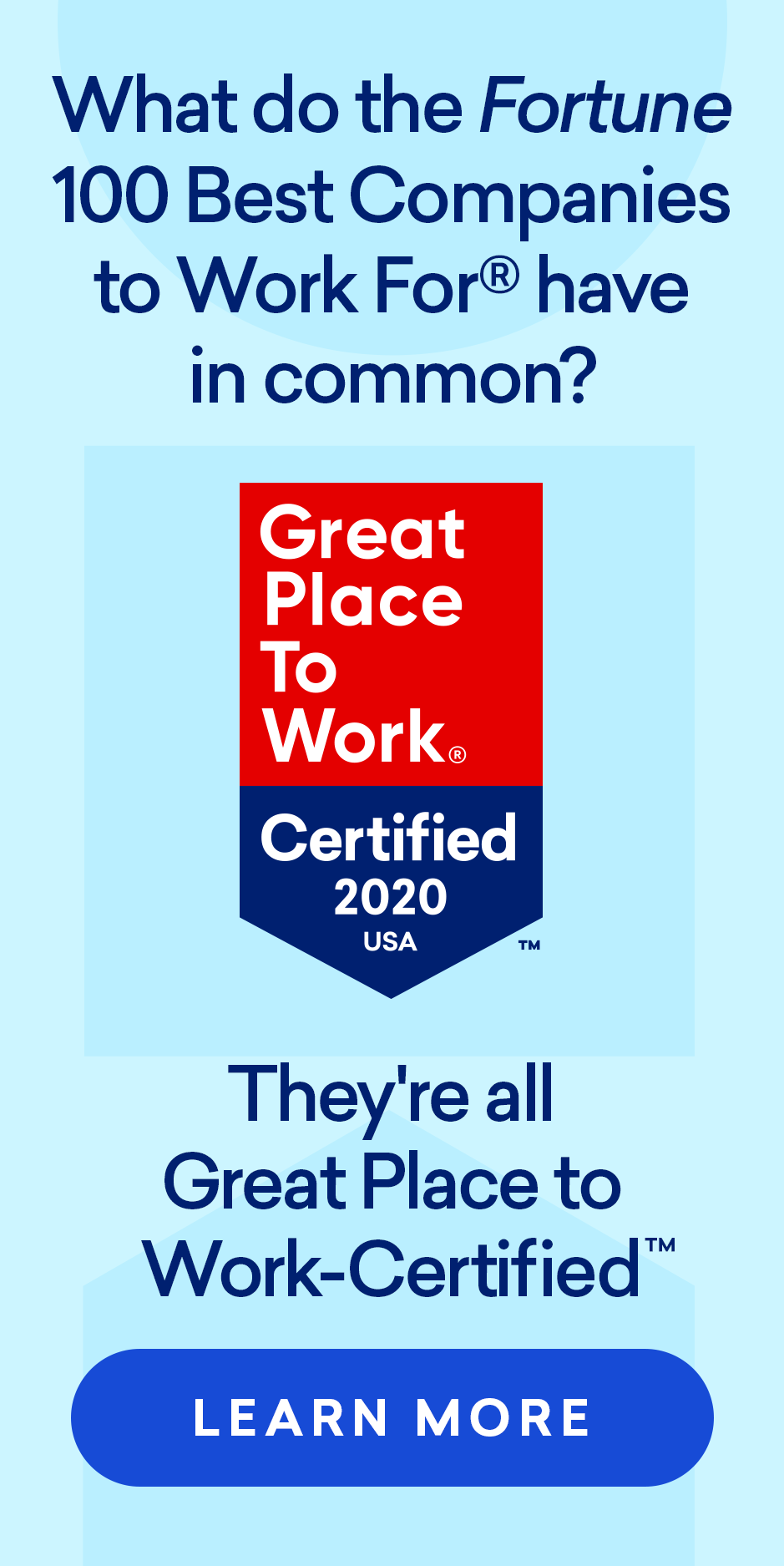I’m reading Delivering Happiness by Tony Hsieh this week, a book about the happiness movement that began with Tony Hsieh and Zappos.com’s culture. The content is brilliant…readable and authentic while informative and thought provoking. And, the ultimate message for leaders couldn’t be more relevant: culture matters. Tony says that the brand success of Zappos is a lagging indicator of its culture,
and the book tells you all about how he and Zappos leaders created a culture that leads to brand success. It’s worth every second that you’ll spend reading it, so I’m not going to spend one more second summarizing it. Rather, I want to draw your attention to something equally genius about the Zappos story. It’s the “and.”
Delivering Happiness is divided into three sections: 1) Profits, 2) Profits and Passion, and 3) Profits, Passion and Purpose. All three things are important to Tony’s philosophy of business and the success of Zappos, but it struck me the “ands” are just as important. He chose to present them as package deals in the book, and when it comes to building a great workplace, this couldn’t be a more important mindset.
Why? When we look at the three things individually (Profits, Passion, and Purpose), it’s way too easy to assume that they are parallel pursuits, and that any energy directed toward one results in a reduction of energy to apply toward the others. It’s much more constructive to figure out how to take actions that affect all three, not to mention much more practical from an energy expenditure standpoint.
In The Great Workplace book, we present data that shows that the publically traded companies on the Fortune 100 Best Companies to Work For® Annual List outperform indicators like the S&P 500 or the Russell 3000. Inevitably, when we talk about that data with groups of managers and leaders, they tell us that the data doesn’t show that culture leads to greater financial performance; it could be that greater financial performance leads to a better culture. While that is statistically true, it is important to keep sight of the fact that the data shows a correlation - a co-relation - ultimately, that companies who make the list have figured out the “and” – focusing on culture and financial performance at the same time.
The advice is this: Find and create an “and” where you believe (or simply have accepted to date) that there is only an “or.” Not only will you expand the parameters of what will work for your organization, you also create a sense of wonder and delight. When people see paradox of this type – the presence of two very different but equally delightful things in the same place at the same time, people respond with a sense of possibility, hope, and, well, happiness. The more you can create paradox, create the “and,” the more possibility and hope you will inspire in others.
In my experiences with great workplaces, this sense of wonderment happens to me all the time. One of my very first visits to a list-making company was to Beaverton, Oregon. I went to Nike thinking that they are singularly about athletes and athletics, so I was curious to see how that translated into a great workplace that was welcoming and inspiring for all. Once I got there, I came face to face with Nike’s mission: “To bring inspiration and innovation to every athlete* in the world.” Confirmed my original assumptions, but then I asked about the asterisk. The asterisk refers to a quote from Bill Bowerman, the company’s founder, who said, “If you have a body, you are an athlete.” There’s the “and.” Feel it? Possibility, hope, and happiness. All from the subtle power of the “and.”
Your challenge now is to go create “ands.” And, if you need more inspiration about just how to do it, go read Delivering Happiness. You won’t be disappointed.











